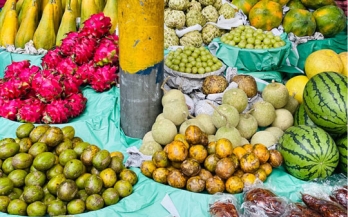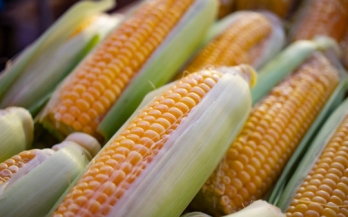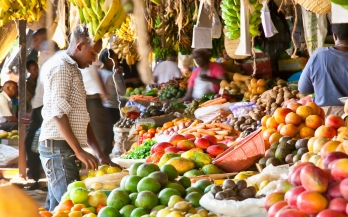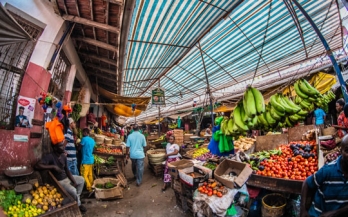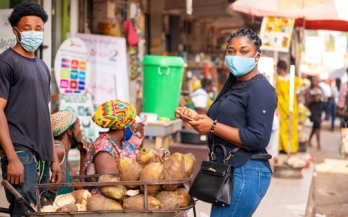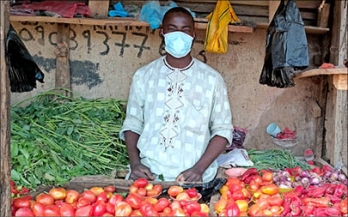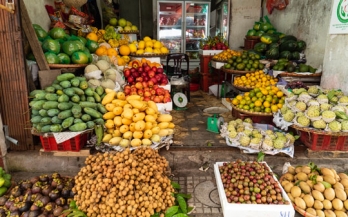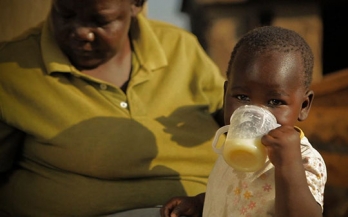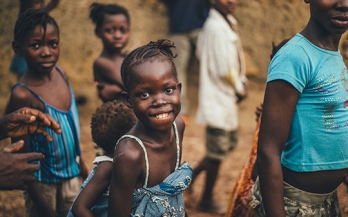Healthy diets are unaffordable to over 2 billion people worldwide and food access remains a challenge for many. The food environment illustrates the interaction of consumers with different food retail outlets to acquire and consume food.
The Commercialisation of Biofortified Crops (CBC) Programme was launched in 2019 to address widespread hidden hunger in Africa and Asia by significantly expanding the reach of foods and food products made with biofortified staple crops.
Policy Options Toolkits are a core output of GAIN’s policy and coordination efforts, under the Keeping Food Markets Working (KFMW) programme. These toolkits were developed through a participatory co-design process with GAIN, conducted in Beira and Pemba (Mozambique), Machakos and Kiambu (Kenya) and Rawalpindi and Peshawar (Pakistan) - between September 2020 and September 2021.
Efforts to increase the consumption of vegetables focus on addressing availability, accessibility, and desirability, usually through a value chain approach. We sought to build on this value chain approach by using participatory systems modelling to address the relatively stable daily per capita vegetable consumption in Nairobi, Kenya over the last 15 years.
GAIN has long supported SMEs to increase their production of safe and nutritious foods but has found it difficult to understand the impact of such activities on consumers. As food is a fast-moving consumer good, which travels in large volumes between diverse actors of a value chain, spanning wide areas, it can be hard to identify its end consumers, and collecting data from them can be resource intensive.
From October 2020 to December 2021, EatSafe conducted bi-weekly consumer and vendor surveys in traditional markets to assess the functioning of markets and market actors under COVID-19. The resulting Bulletins and Traditional Market Reports present detailed reports on trends in consumer resilience, vendors' business impacts, and food price changes.
Understanding urban specific contexts and food system challenges during the pandemic is the first step towards the co-design of policy options. Between December 2020 and April 2021, GAIN conducted a mixed method Rapid Needs Assessment of the urban food system in Machakos and Kiambu (Kenya), Beira and Pemba (Mozambique), and Rawalpindi and Peshawar (Pakistan).
Understanding the rapidly changing situation for vendors in traditional markets and the consumers that rely on these markets can provide vital information for determining what is needed to ensure the availability of affordable, safe, nutritious food during the COVID-19 pandemic.
With Kenya weathering the third wave of COVID-19, the Global Alliance for Improved Nutrition (GAIN) has continued to develop ways to mitigate the impact of the pandemic on livelihoods and SMEs in Kenya through the Keeping Food Markets Working (KFMW) programme.
The COVID-19 pandemic is a multiplier of vulnerability, compounding threats to food security and nutrition (FSN) while exposing weaknesses in food systems. In response, the Global Alliance for Improved Nutrition (GAIN) developed the Keeping Food Markets Working (KFMW) programme to provide targeted support to help sustain core food systems.
